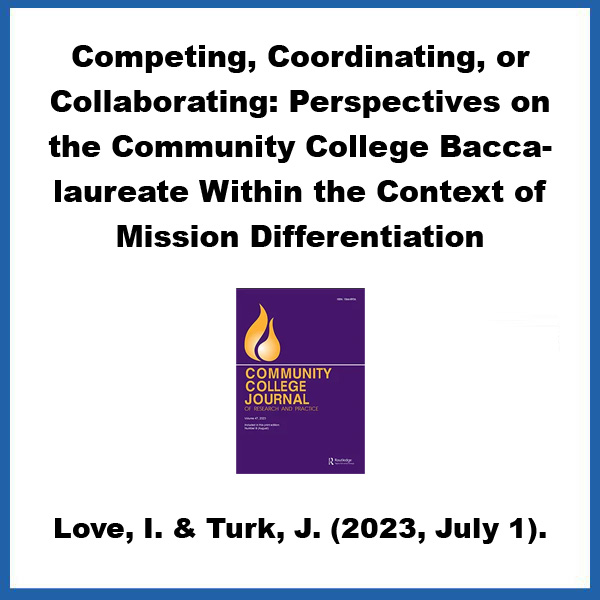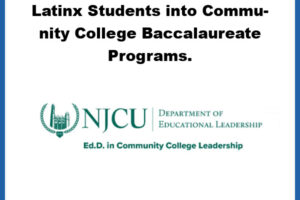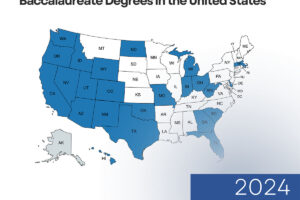Competing, Coordinating, or Collaborating: Perspectives on the Community College Baccalaureate Within the Context of Mission Differentiation
Abstract
Today, half of all states authorize at least one community college to offer bachelor’s degree programs. In the past five years alone, eight states have authorized community colleges to offer baccalaureate programs. Given the momentum behind this movement, we sought to qualitatively explore higher education leaders’ perceptions of the role of community college baccalaureate (CCB) programs in the U.S. system of higher education. To do this, we conducted semi-structured interviews with 15 senior leaders at community colleges, state higher education agencies, and higher education associations. Our sample also included leaders in locations that currently authorize CCB programs and those that do not. We asked leaders to share their perspectives on the mission and role of community colleges and public universities, and to reflect on how CCB programs complement or complicate these missions and roles. While leaders offered differing views on CCB programs, what they shared were insights into the blurring of a once sharp dividing line between community colleges and public universities. Emerging from the interviews were interesting perspectives on inter-institutional collaboration, coordination, and competition in the era of the CCB. We conclude our study with recommendations for policy and practice.
Link to Full Research Document (URL)
Citation: Love, I. & Turk, J. (2023, July 1). Competing, coordinating, or collaborating: Perspectives on the community college baccalaureate within the context of mission differentiation. Community College Journal of Research and Practice.




